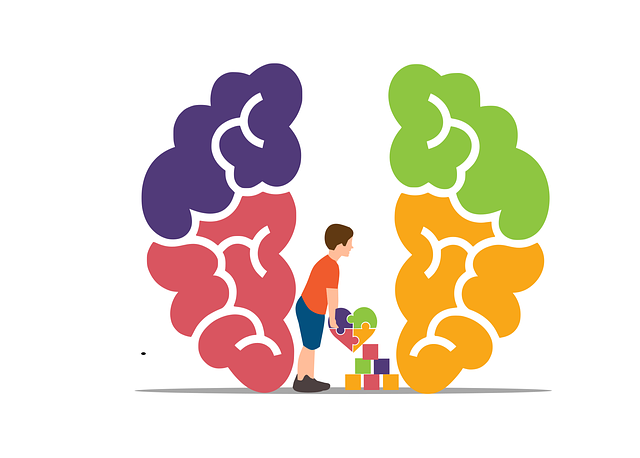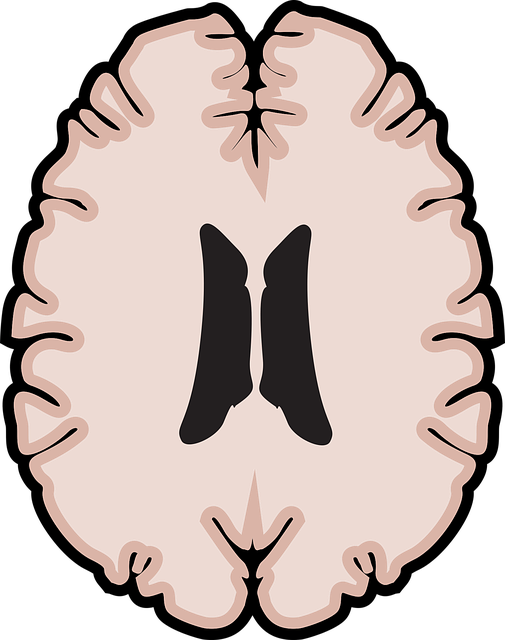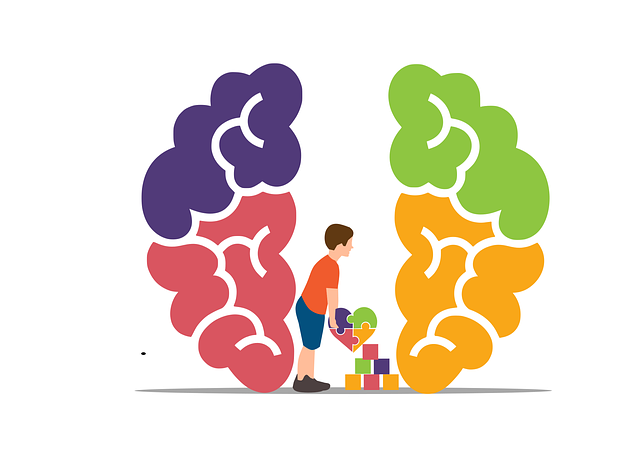Lakewood Therapy emphasizes a collaborative approach between therapists and clinicians to offer specialized care addressing mental health concerns. They employ evidence-based practices, including Cognitive Behavioral Techniques (CBT) and mindfulness meditation, to empower clients in managing stress, anxiety, and trauma. Through educational initiatives, community programs, and holistic techniques like guided meditation, they reduce stigma and enhance resilience. Lifestyle adjustments are also prioritized for burnout prevention among healthcare providers. Lakewood Therapy's comprehensive strategies, focusing on interpersonal dynamics, help individuals maintain emotional well-being in a fast-paced world.
“Discover effective mood regulation strategies that can transform lives. This comprehensive guide explores various techniques tailored for therapists and clinicians in Lakewood, highlighting their role in facilitating emotional balance. From cognitive behavioral therapy to mindfulness practices, lifestyle adjustments, and interpersonal strategies, each section delves into powerful tools. Optimize mental well-being with evidence-based approaches specifically designed for the context of Lakewood therapy. Implement these strategies to empower patients towards lasting emotional stability.”
- Understanding Mood Regulation: The Role of Therapists-Clinicians in Lakewood
- Cognitive Behavioral Techniques for Emotional Balance
- Mindfulness and Meditation Practices for Patients
- Lifestyle Adjustments: Diet, Exercise, and Sleep for Optimal Mood
- Interpersonal Strategies to Enhance Mental Well-being
Understanding Mood Regulation: The Role of Therapists-Clinicians in Lakewood

In the context of Lakewood, therapists and clinicians play a pivotal role in mood regulation strategies, offering specialized care tailored to individual needs. Understanding that mental illness often intersects with unique community dynamics, these professionals adapt their approaches to address not only the symptoms but also the underlying factors affecting well-being. They serve as guides, empowering clients to navigate challenges associated with stress, anxiety, and trauma, which are prevalent concerns within the Lakewood community.
Through innovative therapy models and evidence-based practices, therapists foster a safe space for clients to process their experiences. This includes facilitating discussions on managing triggers, developing coping mechanisms, and promoting self-care practices. Furthermore, they contribute to reducing the stigma surrounding mental health issues through educational initiatives and awareness campaigns. Many local organizations, such as the Stress Management Workshops Organization and Trauma Support Services, collaborate with therapists to offer comprehensive programs that cater to various demographics in Lakewood, ultimately enhancing the community’s resilience and overall mental wellness.
Cognitive Behavioral Techniques for Emotional Balance

Cognitive Behavioral Techniques (CBT) have proven to be powerful tools for therapists and clinicians assisting clients in achieving emotional balance. This therapeutic approach helps individuals identify and challenge negative thought patterns that contribute to mood disturbances. By teaching clients to replace irrational thoughts with more realistic and positive ones, CBT empowers them to manage their emotions effectively. For instance, a therapist using CBT techniques might help a client who experiences anxiety by guiding them through cognitive restructuring exercises, where they learn to recognize and reframe anxious thoughts, thereby reducing overall anxiety levels.
Integrating mindfulness meditation practices into CBT can further enhance emotional stability. Mindfulness training encourages individuals to stay present, observe their thoughts without judgment, and develop a deeper awareness of their emotions. This increased self-awareness allows clients to more effectively regulate their mood. Additionally, for those who have experienced trauma, these techniques offer valuable support, helping them process and manage traumatic memories while fostering resilience and emotional well-being. Lakewood Therapy, with its focus on therapist-clinician collaboration, can provide specialized services tailored to these specific needs, ensuring individuals receive the highest quality care.
Mindfulness and Meditation Practices for Patients

Mindfulness and meditation practices have gained significant attention in the field of therapy for therapists and clinicians as effective mood regulation strategies. These techniques encourage patients to focus on the present moment, cultivating awareness and non-judgmental observation of their thoughts and emotions. Through regular practice, individuals can enhance their self-awareness exercises, leading to better understanding and management of their moods.
Incorporating mindfulness into therapy sessions, whether through guided meditation or breathwork, provides a calming effect for patients. It helps those dealing with trauma support services by promoting emotional resilience and coping mechanisms. Moreover, regular meditation practice has been linked to improved social skills training, enabling individuals to navigate interpersonal interactions with increased presence and emotional intelligence. Lakewood Therapy professionals can facilitate these practices, offering a holistic approach to patient care that complements traditional therapeutic techniques.
Lifestyle Adjustments: Diet, Exercise, and Sleep for Optimal Mood

Lifestyle adjustments play a pivotal role in mood regulation and can significantly impact overall mental health. Incorporating balanced dietary habits, regular physical activity, and adequate sleep into daily routines is essential for maintaining emotional well-being. Nutritious foods fuel the brain and body, while exercise releases endorphins, acting as natural mood boosters. Adequate rest, crucial for cognitive function, also helps regulate emotions by promoting neuroplasticity and balancing neurotransmitters.
For healthcare providers and therapists, such as those at Lakewood Therapy, prioritizing these lifestyle adjustments is an integral part of burnout prevention strategies. By advocating for Mental Health Awareness and incorporating Compassion Cultivation Practices into their clinical work, professionals can enhance their resilience and better support clients. These holistic approaches, combined with effective therapy techniques, contribute to fostering healthier minds and stronger emotional regulation skills.
Interpersonal Strategies to Enhance Mental Well-being

In today’s fast-paced world, maintaining mental well-being is a constant challenge. Interpersonal strategies play a crucial role in enhancing emotional healing processes and preventing conditions like depression. Therapists and clinicians can help individuals navigate their social connections to foster better mental health. Engaging in open communication, building supportive relationships, and fostering a sense of belonging are effective ways to promote stress reduction methods. By facilitating these interpersonal dynamics, professionals such as those at Lakewood Therapy enable clients to develop coping mechanisms that go beyond individual therapy sessions.
Additionally, encouraging participation in community activities and social groups can offer valuable support networks for emotional healing processes. These strategies not only provide a sense of purpose but also help individuals feel less isolated, which is essential in preventing the onset or exacerbation of mental health issues like depression. Incorporating interpersonal interventions into therapeutic practices empowers clients to build resilience and maintain their mental well-being over time.
In conclusion, mood regulation is a multifaceted process that can greatly enhance one’s overall well-being. By combining cognitive behavioral techniques, mindfulness practices, lifestyle adjustments, and interpersonal strategies, therapists and clinicians in Lakewood can effectively support patients in achieving emotional balance. Integrating these evidence-based methods offers a holistic approach to therapy, empowering individuals to navigate their moods with greater resilience and improved mental health outcomes. Lakewood therapy, with its emphasis on comprehensive care, stands as a beacon for those seeking to master their emotional landscape.












